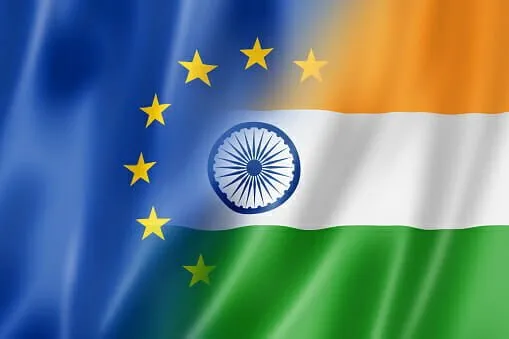Introduction
Personal data protection has become a significant concern for individuals and organisations in an increasingly data-driven world. As nations strive to balance enabling data-driven innovation and safeguarding privacy, comprehensive data protection laws have taken centre stage. The key players are India’s Data Protection Bill (DPDP Act) and the European Union’s General Data Protection Regulation (GDPR). Let’s delve into a comparative analysis of these two crucial frameworks, the India DPDP Act v EU GDPR.
Scope and Applicability: GDPR: The GDPR is renowned for its extraterritorial applicability, affecting any entity processing the data of EU residents, regardless of where the entity is based. This wide-reaching scope ensures that data protection standards are upheld across the global digital landscape.
DPDP Act: Similarly, India’s DPDP Act has an expansive reach, applicable to both data controllers and processors within India, as well as those outside India processing data of Indian residents. This demonstrates India’s intent to regulate cross-border data flows and protect the privacy rights of its citizens.
Data Subject Rights: GDPR: The GDPR empowers data subjects (individuals) with a range of rights, including the right to access their data, rectify inaccuracies, erase data (the “right to be forgotten”), and object to processing, among others. These rights give individuals greater control over their personal information.
DPDP Act: India’s DPDP Act echoes similar data subject rights, ( Data Principles under DPDP Act) including the right to access, correction, erasure, and the right to restrict or object to processing. The DPDP Act’s provisions align with international standards and reflect a commitment to strengthening individual rights in the digital age.
Consent and Lawful Basis: GDPR: The GDPR emphasizes informed and explicit consent for data processing. It sets a high bar for consent by requiring it to be freely given, specific, informed, and unambiguous. Additionally, it offers alternative lawful bases for processing data, such as legitimate interests or legal obligations.
DPDP Act: India’s Data Protection Bill (DPDP Act) mirrors the importance of consent, requiring it to be clear, specific, and voluntary. It also introduces the concept of “sensitive personal data,” which requires explicit consent for processing. The DPDP Act, like the GDPR, recognizes other legal bases for processing, offering flexibility in certain scenarios.
Data Localisation: GDPR: While the GDPR doesn’t explicitly mandate data localization, it places restrictions on the transfer of personal data outside the EU to countries with inadequate data protection laws.
DPDP Act: India’s DPDP Act has sparked discussions around data localization. While it doesn’t impose strict localization requirements, it grants the government powers to mandate local storage for certain types of data in the interest of national security.
Penalties and Enforcement: GDPR: The GDPR imposes significant fines for non-compliance, reaching up to 4% of a company’s global annual turnover or €20 million, whichever is higher.
DPDP Act: The DPDP A ct enforces penalties for breaches, with fines potentially reaching 2% of the organization’s total worldwide turnover. While these penalties are lower than the GDPR, they still provide a substantial incentive for compliance.
Conclusion:
Both the Indian DPDP Act and the EU GDPR embody the growing global emphasis on data privacy rights and protection. While they share many similarities, including their extraterritorial applicability and commitment to data subject rights, they also exhibit subtle differences in areas like consent, data localisation, and penalties. As nations worldwide work to establish robust data protection frameworks, the harmonisation of principles seen in these two regulations can serve as a blueprint for fostering a data-centric landscape that respects individuals’ privacy while enabling the responsible use of data for innovation and development.

